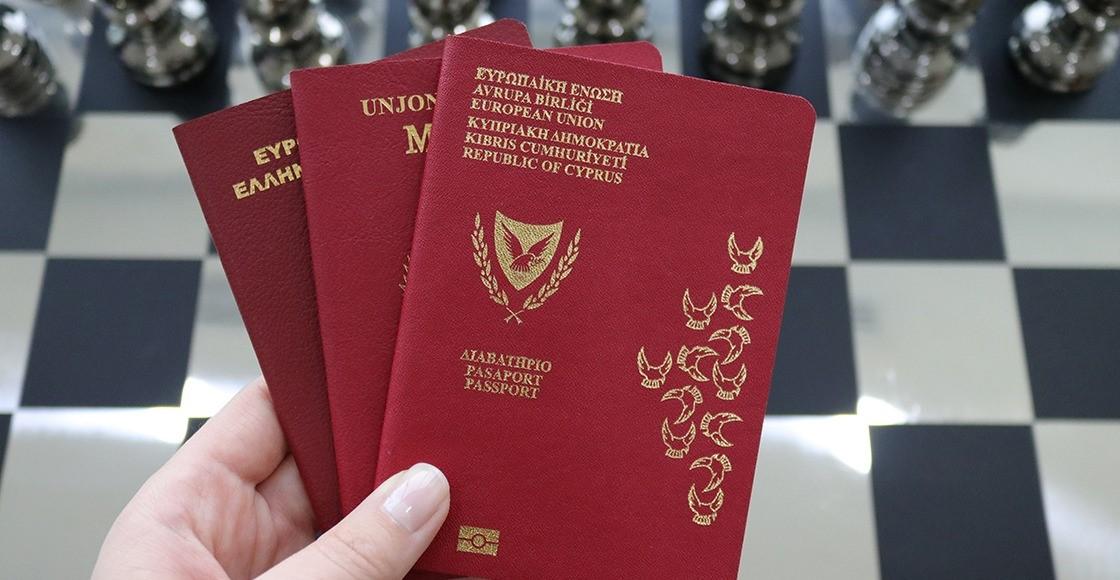Recently, a court in Nicosia heard the case of the illegal issuance of a 'golden' passport to the Egyptian Mohamed Salem, who, together with his family, obtained Cypriot citizenship as part of an investment scheme after buying property on the island for 2 million euros.
The trial resulted in the complete acquittal of the defendant.
Charges against the lawyers Fotos Tsangarides and Ellia Michaelidou and the companies PHC Tsangarides LLC and Fullserve Secretarial Ltd were also dropped. However, the investigation revealed serious tax irregularities on the part of other companies involved. In particular, the managing director of the Zavos Group and the holding company Larina Estates Limited were found guilty of VAT fraud.
The court was told that the defendants deliberately reduced tax on the sale of flats by using fictitious declarations to reduce the VAT rate. However, this relief was only intended for the purchasers and not where the property was transferred to third party management. Inaccurate tax reporting was also uncovered. Some of the income from the sale of apartments was concealed, including the manipulation of reports and the deliberate concealment of certain invoices.
It should be noted that the Egyptian businessman obtained Cypriot citizenship under the Golden Passports programme by investing €2 million in a property in Limassol. It later emerged that the seller of the property had transferred €1.050 million back to Salem via UK accounts, raising questions about the true extent of the investment. The incident prompted an investigation, which found violations of the naturalisation process.

Recall that Cyprus' investment programme has granted EU citizenship to thousands of foreigners.
The programme was originally designed to help the island state's economy recover after a prolonged crisis. Passports were issued in exchange for investments of up to €2 million in Cypriot property. The scheme was particularly popular with Russian and Chinese citizens.
In 2020, however, the Cypriot government scrapped the scheme in the wake of the scandalous Al Jazeera video. An investigation by the Qatari publication found that Cypriot passports were being obtained by criminals and those affected by international sanctions.
Under pressure from the EU, the island nation's government conducted its own investigation in 2021, which found that of the 6,779 passports issued between 2007 and 2020, more than half went to people who did not meet the programme's requirements. In addition, citizenship was granted to managers of foreign and Cypriot companies who were not investors and business owners.
It is worth noting that
- Investors who are deprived of their citizenship of the Republic of Cyprus will not be refunded the registration fees they paid when applying.
- They will not be reimbursed for the financial costs of preparing the application package and the fees of lawyers and consultants.
- The properties they have acquired as a condition of citizenship will remain in their possession.
- Foreign investors who are deprived of their Cypriot citizenship have the right to challenge the decision of the Cypriot government in court.
